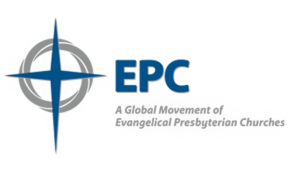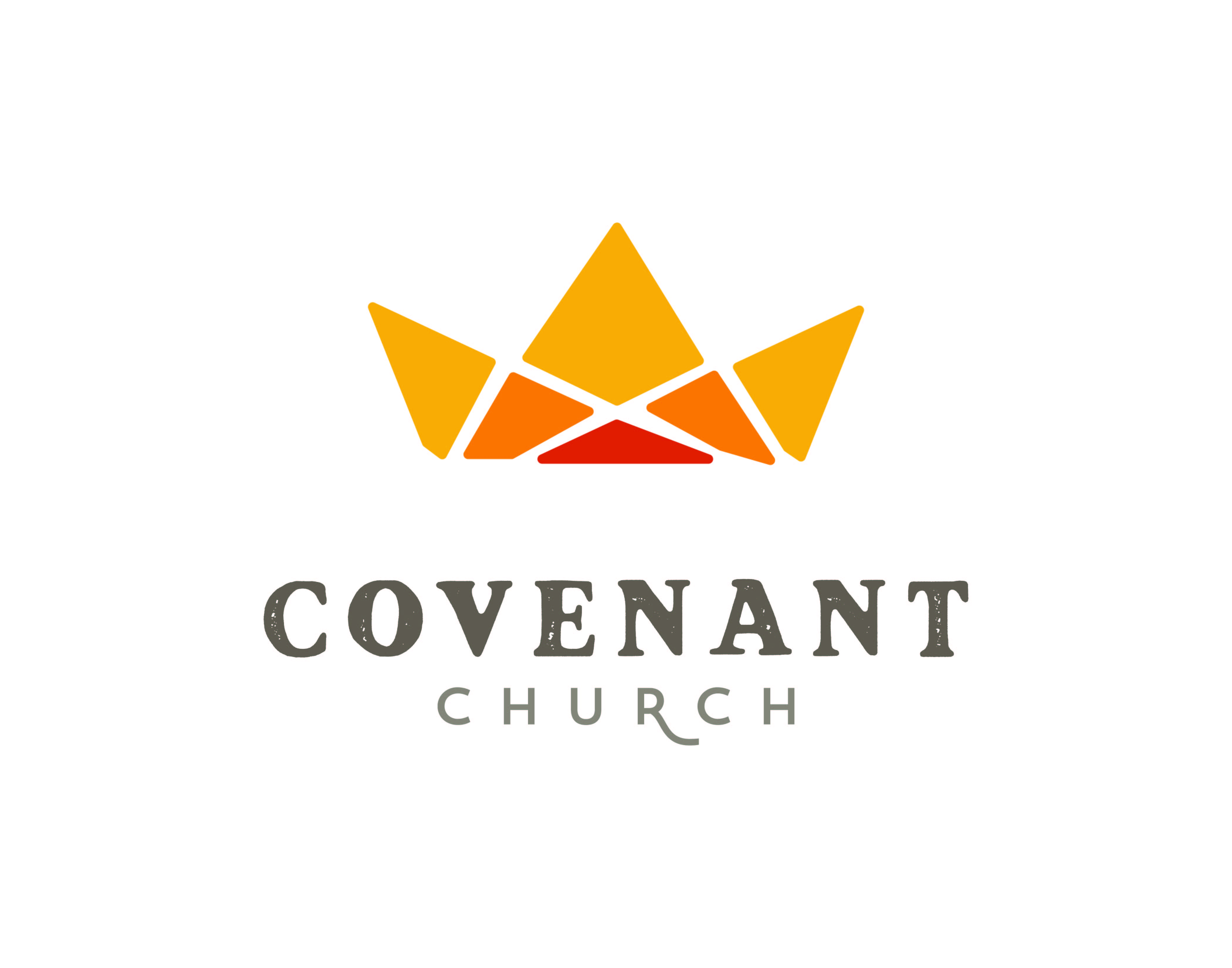
Once we understand and define evangelical and presbyterian (see this blog post), we are faced with the next question – how does Covenant choose our teaching and ruling elders?
First, a quick reminder of definitions:
Teaching elders are pastors, ordained in the Evangelical Presbyterian Church, and are members of the regional presbytery.
Ruling elders are those elected by a local congregation to help lead the local church, and are members of that church.
Now, to process:
Ruling elders: At Covenant, we have a Leadership Discovery Team which meets to prayerfully consider people in our congregation God may be calling into leadership. These candidates may be nominated by a congregant or Covenant’s staff leaders, may volunteer, or may be approached by the Discovery Team. Team members meet several times with each candidate, and the candidate’s spouse (if applicable), to determine qualifications, experience, and God’s leading.
The Leadership Discovery Team has outlined qualifications and expectations for each elected position at Covenant: ruling elder (who sits on Session), deacon and trustee; you can view a summary on this blog post.
Once candidates for ruling elder, deacon and trustee are identified and before they officially start serving, members of Covenant gather in a congregational meeting and vote to accept or reject the candidates for the open positions.
Teaching elders: The process is similar for teaching elders, except that Presbytery is involved in the process.
In this case, the congregation elects a separate Nominating Committee to bring the congregation a suitable nominee.
As you can imagine, this involves a detailed process, not only looking at résumés and interviews, but also reviewing references, sermons, etc., and lots of prayer.
The committee also is in contact with the Ministerial Committee of the Presbytery to present their candidate , in addition to presenting the candidate to Session and the congregation.
Once a candidate is chosen, the congregation votes on whether or not to extend a call, and Presbytery determines if the candidate is suitable to receive the call.
When (if) the candidate accepts the call, the Presbytery installs (and ordains, if necessary) the new pastor of the church.
This process applies to pastors and associate pastors, but not to assistant pastors. Assistant pastors are hired by Session in consultation with the Presbytery.
At Covenant, Pastor David Henderson and associate pastors Rob Eyman and Brently Jordan are all teaching elders and therefore sit on Session alongside our ruling elders.






